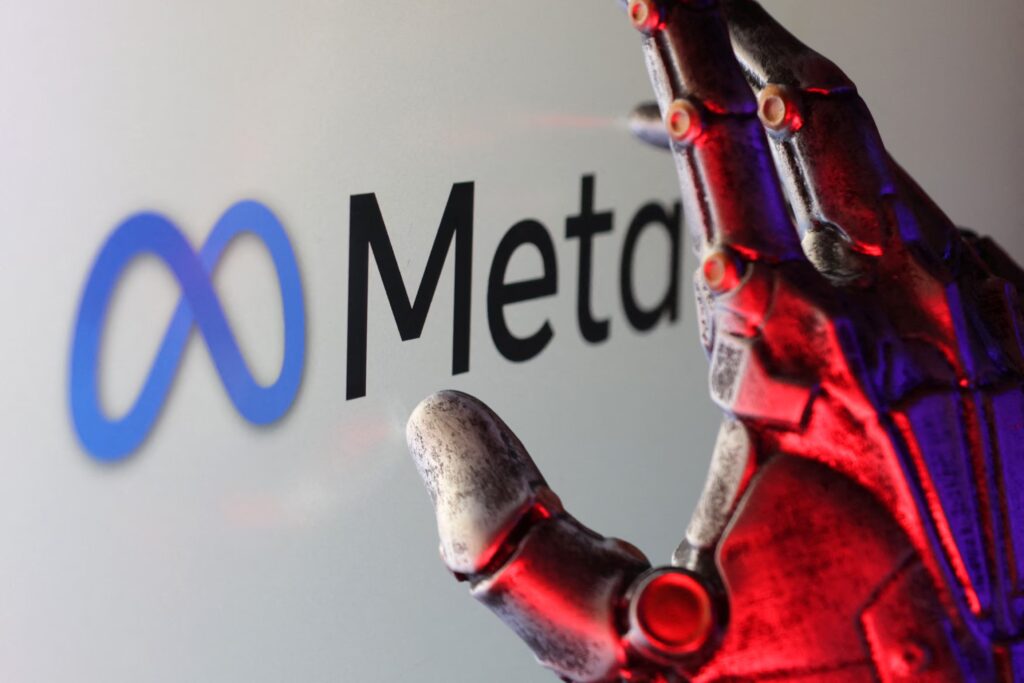Meta has announced the creation of Meta Superintelligence Labs (MSL), a dedicated division focused on achieving Artificial General Intelligence (AGI), marking a significant escalation in the tech giant’s AI ambitions.
Meta Launches Superintelligence Labs, Poaching Top AI Talent from OpenAI and Google
In an internal memo obtained by Euronews Next, CEO Mark Zuckerberg revealed that MSL will house several research teams working on fundamental AI models, including the company’s Llama software.
Leading the charge is Alexandr Wang, the former CEO of Scale AI, a data annotation company that provides training datasets for AI firms. Meta’s recent $14.3 billion acquisition of a 49% stake in Scale AI last month directly facilitated Wang’s recruitment, along with other key members of his team.
A Talent Grab from Top AI Competitors
Zuckerberg’s memo further detailed the recruitment of several high-profile AI researchers from Meta’s rivals. The internal note lists former OpenAI employees Hongyu Ren, Jiahui Yu, and Shengjia Zhao, joining researchers Trapit Bansal, Shuchao Bi, Huiwen Chang, and Ji Lin, all now working at Meta.
This aggressive talent acquisition strategy hasn’t gone unnoticed. OpenAI CEO Sam Altman recently accused Meta of offering “hundred-million-dollar signing bonuses” to lure employees away, a claim that highlights the intense competition in the burgeoning field of AGI research.
While Altman acknowledged Meta’s aggressive approach in a recent podcast conversation with his brother Jack, he expressed reservations about the long-term impact of such lavish financial incentives on company culture.
“A ton of upfront compensation…won’t establish a great culture”.
He also indicated a belief that OpenAI remains better positioned to achieve AGI and become ultimately the most valuable company in this space.

Implications for the Future of AI
Meta’s formation of MSL and its aggressive recruitment drive represent a significant commitment to achieving AGI. The creation of this dedicated division signals a belief that AGI is not only achievable but also a crucial area for future technological development.
The implications are far-reaching, potentially impacting various sectors and raising ethical considerations surrounding the development and deployment of superintelligent AI. The ongoing competition between Meta and other leading AI companies promises to accelerate progress in the field, but also highlights the crucial need for responsible AI development and deployment.
The coming years will be critical in determining the direction and impact of this technological frontier.

